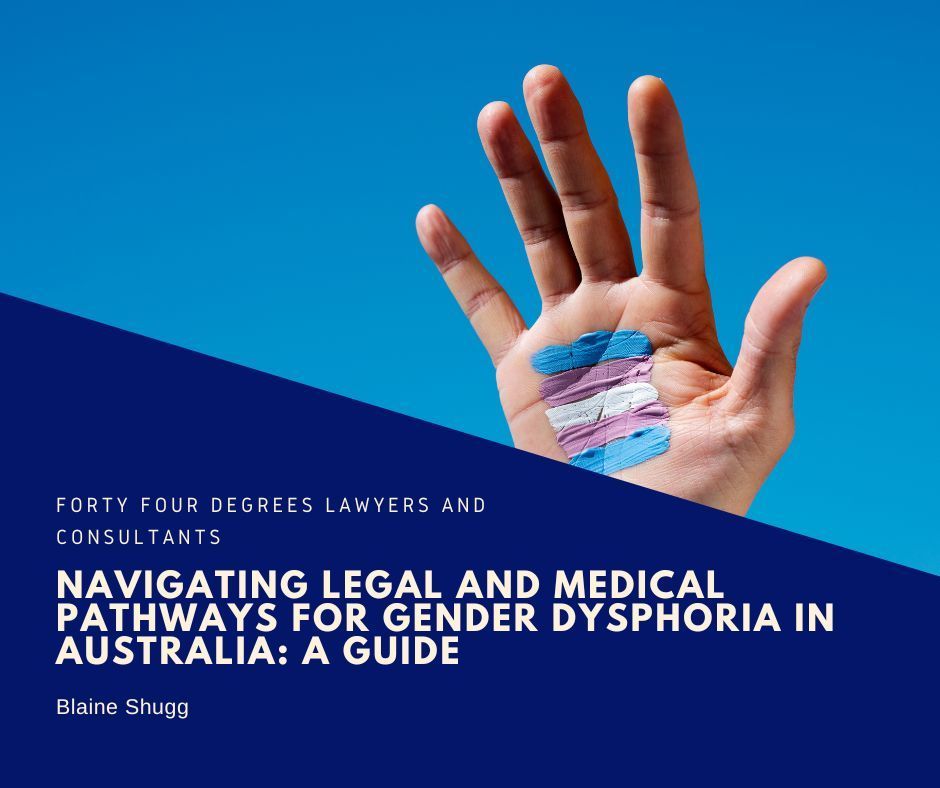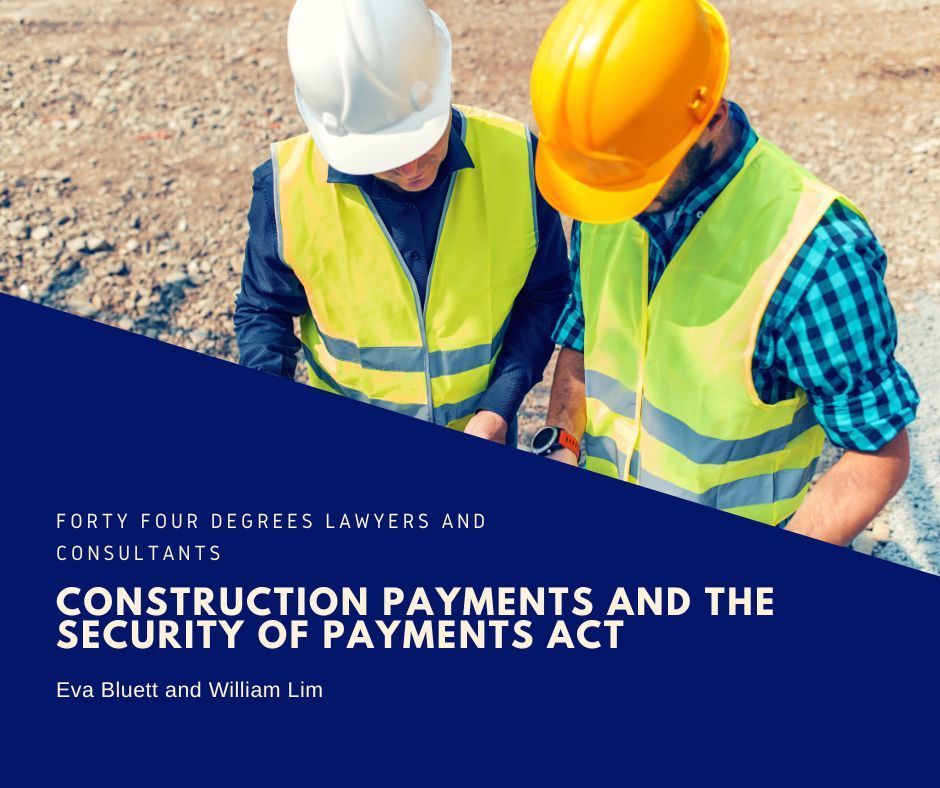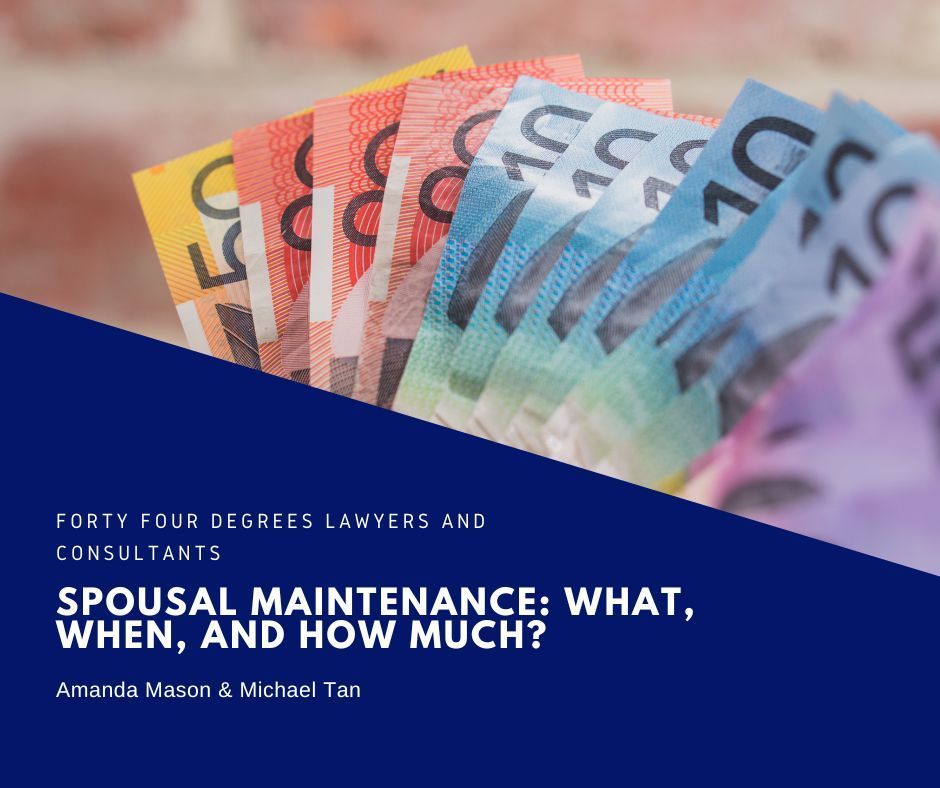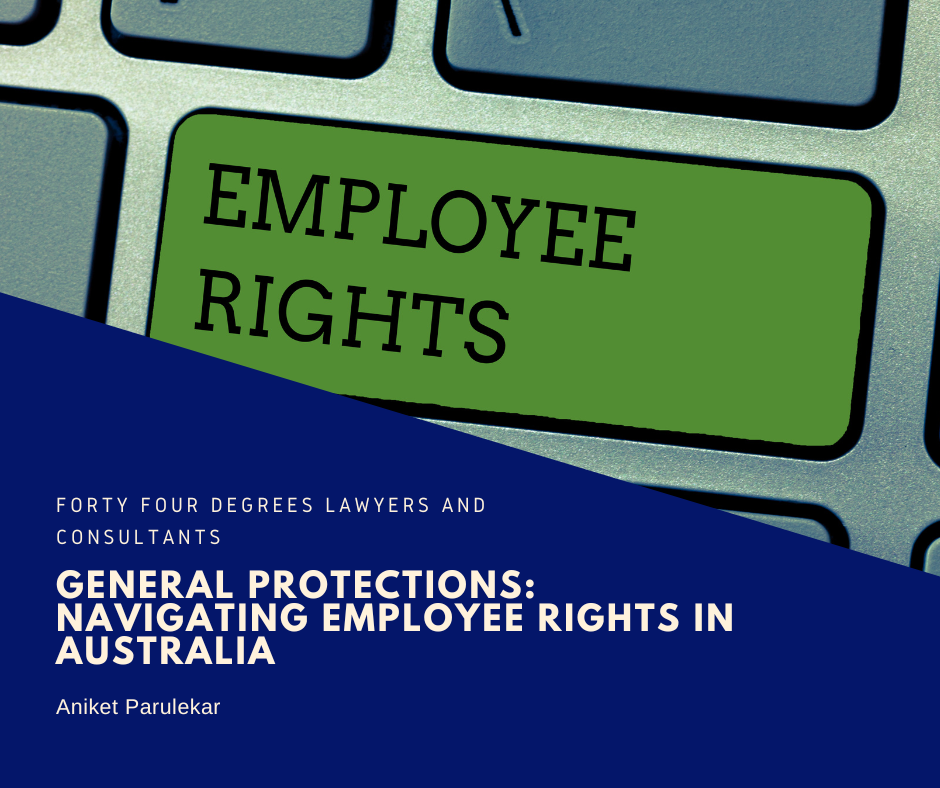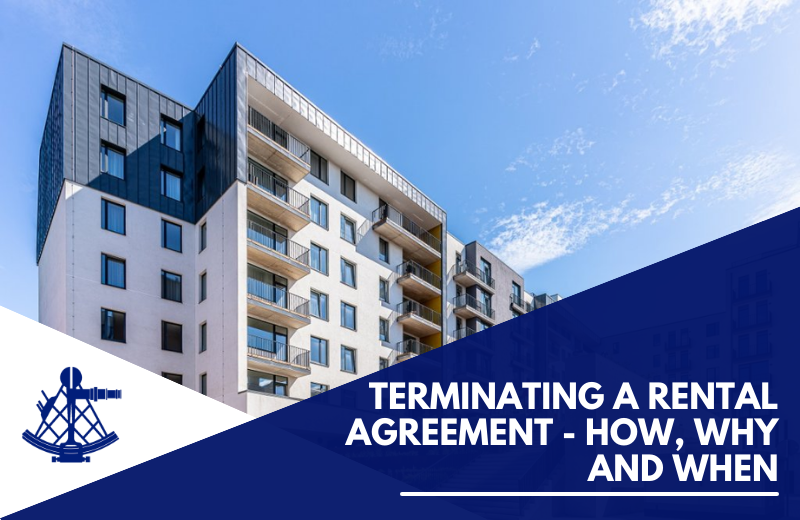Employer’s Restrictions v Reasonable Adjustments
Balancing the needs of an employee with a disability with the restraints of small business
Employer’s Restrictions v Reasonable Adjustments
A recent case of Tropoulos v Journey Lawyers [2019] FCA 436 demonstrates how the Court will balance the needs of an employee with a disability with the restraints of a small business.
It is a significantly long case, and provides detailed examples and analysis of how an employer should manage an employee’s return to work with a disability.
Background
Mr Tropoulos was a Senior Associate working at a small law firm in Queensland called Journey Family Lawyers.
Journey Lawyers was a small firm with 16 employees - eight lawyers and eight support staff.
Mr Tropoulos experienced a flare-up of his existing depressive disorder, which resulted in six months of leave, although he made attempts to return to work during that time. He alleged his symptoms were linked to him working 20 days without a single day off, which was denied by the employer.
The claim was that his employer had failed to make reasonable adjustments upon his return to work for his disability, as per section 5(2)(a) of the federal Disability Discrimination Act . He also alleged direct discrimination. Some of the key conduct alleged included:
- Reducing his title from Senior Associate to “Family Lawyer”;
- Reducing his wage;
- Giving his office to another lawyer, and placing him in a cubicle upon his return to work;
- Allocating him legal aid clients until new private clients gradually built up;
- Granting him a part-time return to work which was different from what he had requested – they approved 3 full days a week, and he had sought 5 half-days. They did, however, ask him to let them know if that didn’t suit.
Legal Claim
Disability discrimination legislation throughout Australia requires reasonable adjustments to be made for people with disabilities. The nature of those adjustments will require a delicate balance of the person’s needs with the employer’s financial and operational restrictions.
Here, it was held that the employer did not discriminate, and had made reasonable adjustments were requested. The key factors the court considered were:
- Mr Tropolous conceded that his disorder affected his performance in the role.
- The overheads of a small firm was so high that provision of an office would have been an unjustifiable hardship on the business.
- Re-allocation of clients would have been disruptive to them and family law clients in particular did not like this.
- Family lawyers require good judgment and emotional stability.
- Half days were not specifically recommended by Mr Tropoulos’ treating doctor and were not practically achievable given the nature of litigation and family law clients who required urgent access to their lawyer.
Lessons
The full text of this case is an excellent example of how an employer should balance their requirements with an employee with a disability.
Several of the employers’ decisions would not have been considered reasonable if they were a larger business, with more resources, funds, and types of work that Mr Tropolous could have adopted.
When looking at an employee’s return to work, especially those with a disability, employers should seek legal advice as to:
- Their genuine commercial and operational restrictions;
- The type of adjustments required by treating doctors;
- How best to balance the needs of the business and those of the employee.
Contact Us
We’re an Australian Law Firm promoting a nuanced, personal touch. We have the skills you need to resolve your case quickly and with a positive outcome. Our straight talking team stays close to simplify what is most often a complicated process. We help individuals and businesses with technology and startup law, property law including conveyancing and leasing, commercial law, civil litigation, wills, estates, bankruptcy, insolvency, criminal law, and professionals facing investigations and charges from their regulatory body.
We have a connected network of talented lawyers in Melbourne CBD, Dandenong, Ballarat, and Ivanhoe East.
Fill out the form or call us on 1300 892 237.
We will get back to you as soon as possible
Oops, there was an error sending your message.
Please try again later or call us on 1300 892 237.


